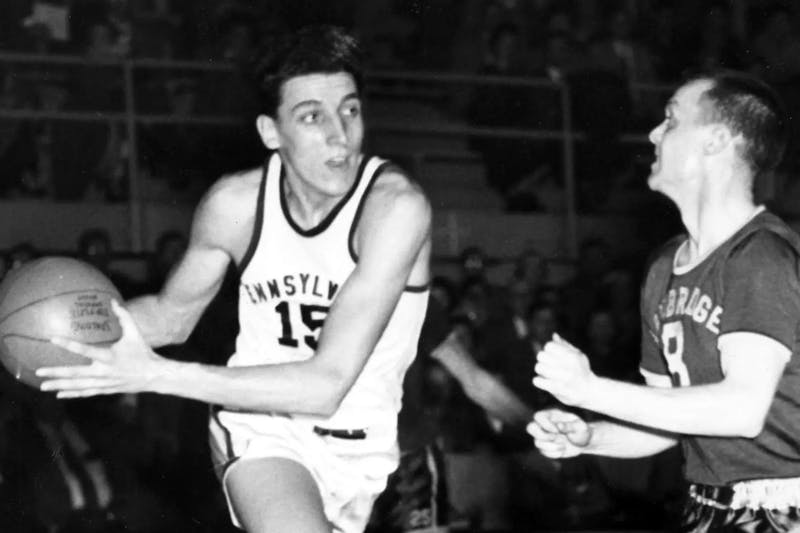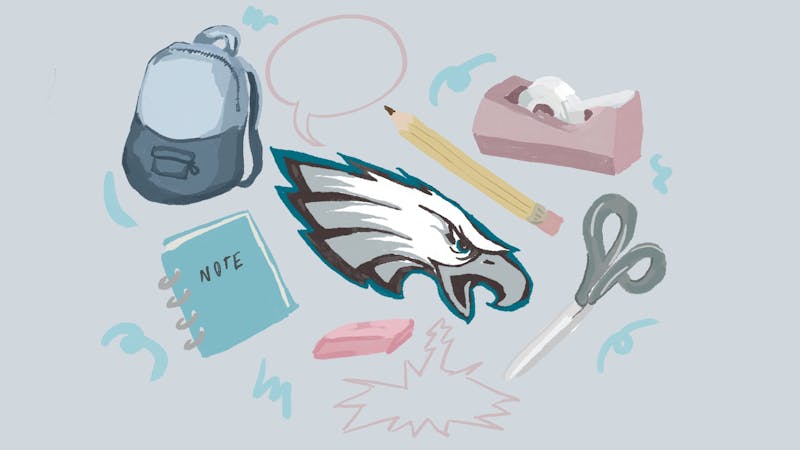
In RELS 0080: Religion and Sports, Religious Studies professor Megan Robb teaches students to grapple with the question of if sports can really be a religion — a question that is especially relevant in the wake of the Philadelphia Eagles' Super Bowl LIX victory.
Robb’s class seeks to answer how sports can “unite unlikely groups or divide them, create space for ritual and ceremony for fans and players alike.” The class, which Robb has taught for eight years, often features guest speakers, including a routine appearance from Eagles chaplain Ted Winsley.
This semester, Robb’s students are to individually respond to the question of whether sports fandom can equate to a religious experience.
Robb recalled how religion permeated the road to Super Bowl LII, the Eagles’ first victory.
She cited the example of a Northeast Philadelphia church that invited its congregation to come out to pray before the big game in 2018.
This year, she’s noticed similar “rituals” emerging, from fans wearing the “same unwashed jersey the whole season or sprinkling ‘holy water’ on grass during the playoffs.”’
Many of these rituals, according to Robb, have been carried over to the recent buildup to Super Bowl LIX. She emphasized that these activities can develop a sense of “Eagles culture” that “both mirrors and shapes the society in which it’s created.”
Despite these relatively modern connections between sports and religion, Robb claims that this connection has gone on since the time of the ancient Greeks, noting that the first Olympics were intended to honor the gods, specifically Zeus.
Robb was inspired to teach Religion and Sports after growing up in a “sports-saturated” environment.
“My grandfather was a football coach, and my father and all my uncles were football players,” Robb said to Omnia. “I was personally much more interested in playing sports than I was in watching them. But looking back on my college career, I kept thinking how cool it would have been to have a class that let me think about the big-picture questions in relation to sports, which was such an important part of my life.”
Robb also reflected on the moment of community Philadelphia finds itself in.
“We’re having that moment in Philly again, where you feel out whether someone is an Eagles fan and instead of saying ‘Goodbye,’ you say, ‘Go Birds!,’” she said.
The Daily Pennsylvanian is an independent, student-run newspaper. Please consider making a donation to support the coverage that shapes the University. Your generosity ensures a future of strong journalism at Penn.
Donate











